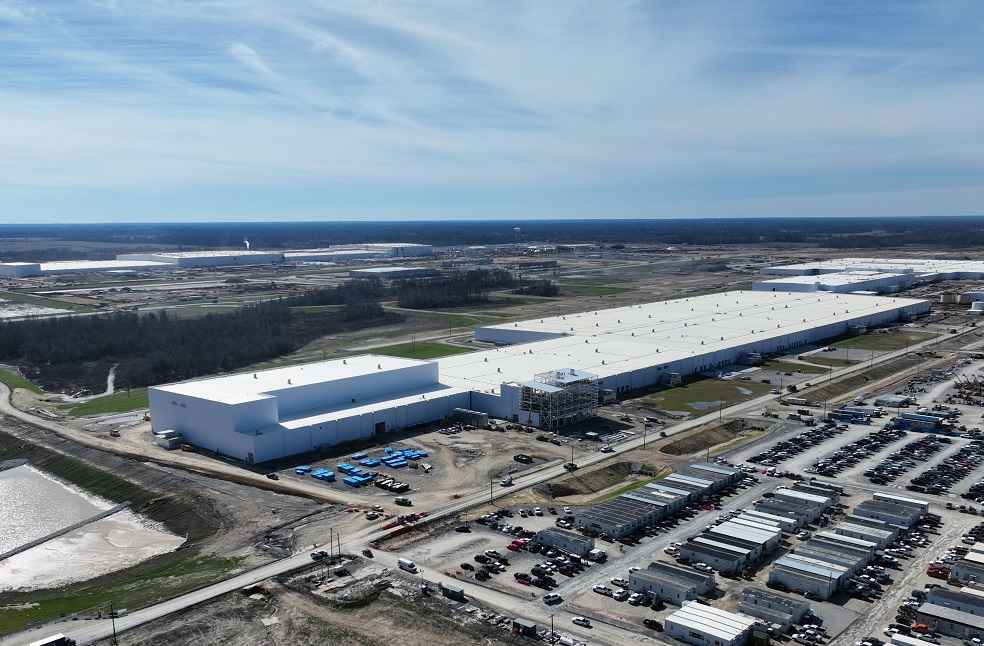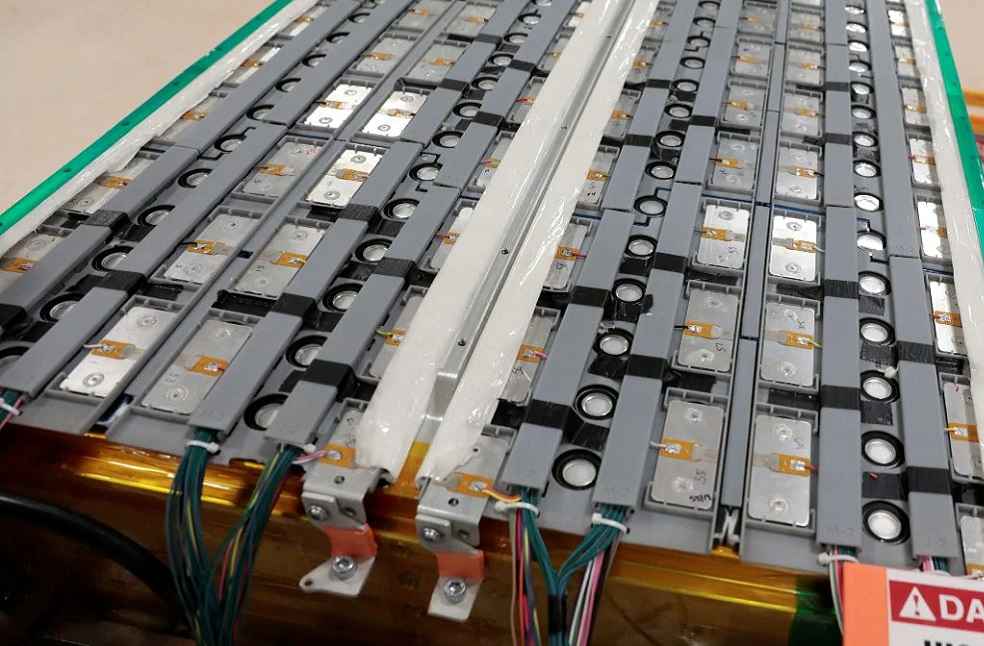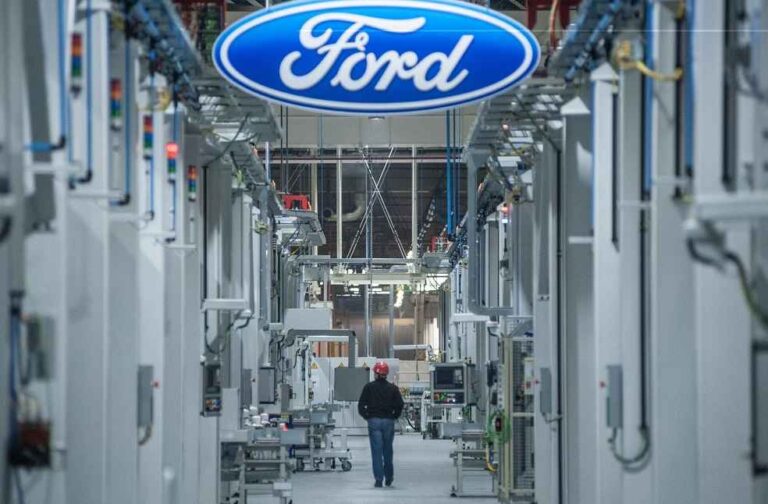Ford stated on Tuesday that its forthcoming EV battery facility in Michigan is eligible for production credits under the Trump administration’s newly passed legislation.
Ford Motors declared it will move forward with the construction of its $3 billion battery plant in Marshall, Michigan, following the passage of President Donald Trump’s $3.4 trillion budget legislation, which preserved crucial production tax credits that had been at risk under an earlier congressional proposal.
In May, Ford executives raised concerns that the $3 billion BlueOval Battery Park project would be jeopardized if the House of Representatives’ version of the bill became law, as it would have made Ford ineligible for Biden-era production tax credits due to its partnership with the Chinese battery manufacturer Contemporary Amperex Technology Company Limited (CATL). However, the final version passed by the Senate included provisions that allow Ford to remain eligible for those credits.

The 2-million-square-foot BlueOval Battery Park, currently about 60% complete and located roughly 100 miles west of Detroit, is on track to open in 2026. The facility will manufacture lithium-iron-phosphate (LFP) batteries, known for being more cost-effective and longer-lasting than conventional lithium-ion cells, to power Ford’s future electric vehicles, utilizing select battery technology licensed from CATL.
Under the revised bill, the 45X Advanced Manufacturing Production Credit remains intact, offering manufacturers $35 per kilowatt-hour for battery cells and $10 per kilowatt-hour for battery modules. Additionally, the legislation introduces new domestic content requirements, stating that by 2026, electric vehicle batteries must be made with at least 60% U.S.-sourced materials, with that threshold increasing to 85% by 2030.
Ford estimates that the Michigan facility will have an annual output capacity of 20 gigawatt-hours.
The House draft of the legislation excluded projects from receiving tax credits if they involved licensing agreements with foreign entities deemed to be national security concerns, such as CATL. In contrast, the final version approved by the Senate introduced a more nuanced approach, based on which party holds ‘effective control’ of the project.

Ford asserted that it is in control of the Marshall site and equipment, while CATL is responsible for training Ford employees.
Ford initially pledged a $3.5 billion investment and 2,500 new jobs when it introduced the project in early 2023. In September, the company paused construction to reevaluate its ability to operate the facility competitively, later scaling back the original plans before resuming work a few months afterward.
According to Ford, the LFP batteries to be produced at the site will offer faster charging, greater durability, and reduced costs compared to conventional battery types. The automaker has also announced plans for an electric midsize pickup, expected to debut in 2027, though it has not confirmed whether the vehicle will utilize battery cells from the Marshall facility.
DON’T MISS | Skoda VW India to Oversee Bentley Operations in India





